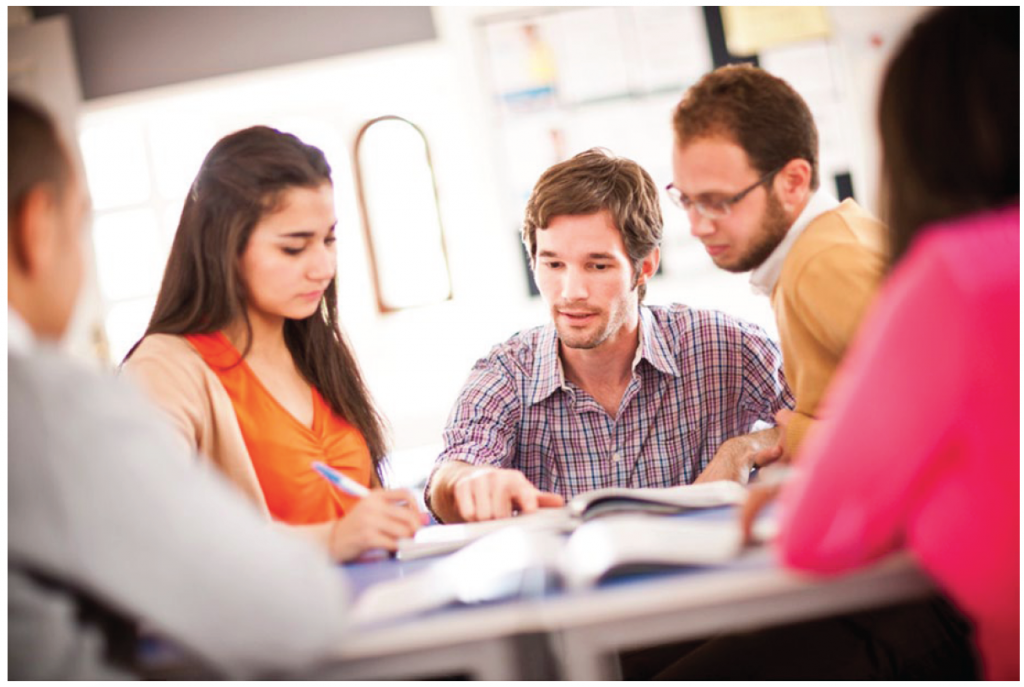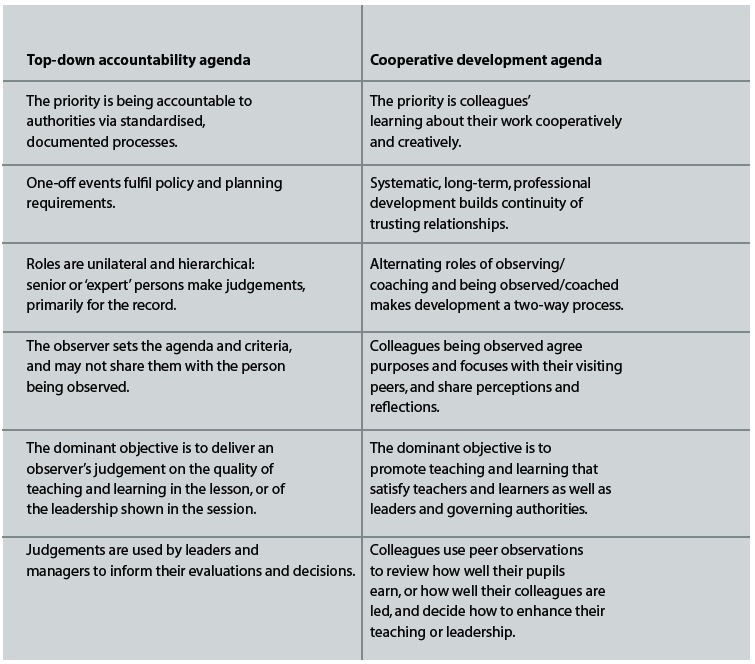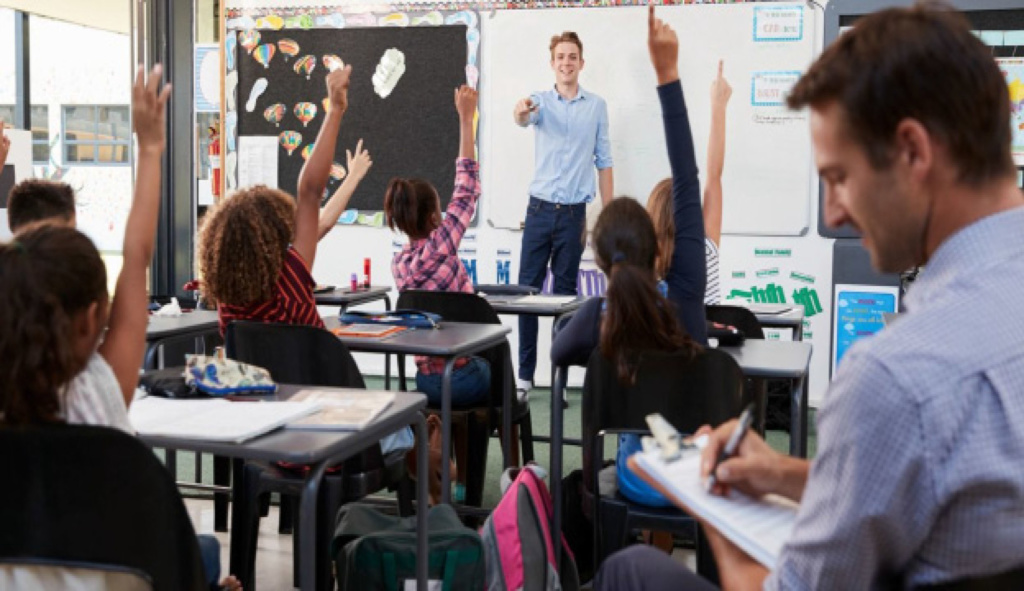
Developing your approach to peer observations
Visits to observe you at work can be made by a range of people in a range of roles: e.g. fellow team members and other peer colleagues; mentors, team and senior leaders; and governors, researchers and consultants. In those cases you can agree with your visitors how they might assist your ongoing learning. Developmental or peer observation’s unique contribution is that it combines reflective practice, coaching and mentoring. It is steered by colleagues who choose what to focus on, and enables colleagues to be accountable to one another on their own terms.
Different purposes
There are plenty of other occasions when work observations have to record judgements about the quality of learning, teaching and leadership, such as for example according to Ofsted’s (Office for Standards in Education) or other authorities’ stipulations. There are also occasions when non-voluntary coaching and observation are used to guide colleagues whose work is judged to be below what the school requires or expects. There are significant differences between accountability dictated by external or public agencies and locally determined development. It is important to know where you stand on any given occasion.

Creating a climate for peer observations
Peer observations can be led by the colleague whose work is observed. The focus may be specific and detailed, or relate to themes or concerns you choose. Peer observations can access individuals’ agendas and concrete micro-aspects of day-to-day working, and explore how those might connect with teams’ and whole-school priorities. There are strategic decisions to be made about:
- the role that a training group might play in supporting and overseeing peer observations across your school
- guidance colleagues might be given about choosing who to work with and how to prepare their collaborations
- how much funding is available, and how it can be used to support the release of colleagues for preparations, visits to lessons or other activities, and feedback meetings.
The onus on senior and middle leaders is to ally systems that promote whole-school improvement with strategies that enable colleagues to learn about teaching and leadership. This means devoting specific time to intensive and extensive sharing of information and ideas about what is going well and how things might go even better. It also means funding the several kinds of activity associated with peer observations. One average-sized primary school that made this a priority, for example, had nine supervisors paid on the staff, allowing consistency of personnel and cover, and enabling colleagues to manage absence from a class with flexibility and confidence.

A possible protocol
Because a variety of functions is served by visits and observations, it is important to have and improve explicit protocols. In this way everyone can be clear and secure about purposes, boundaries, roles and responsibilities. Here is an example, originally developed with Kibworth Primary School in Leicestershire, UK.
- All observed lessons and activities are in the first instance confidential but, with the permission of the host colleague, notes and records can be shared with others, e.g. for purposes of informing interested people, ongoing professional development, performance management, career enhancement, and internal or external accountability.
- If questions of safety or capability are raised, the process stops and comes under a different, potentially disciplinary protocol, and appropriate leaders or managers take the matter up.
- Time, place, focus and format are all negotiated and mutually agreed by the host colleague and visitor(s).
- When unannounced visits are authorised, the host colleague may decline to count the experience as contributing to her or his development, and this protocol would not apply.
- Where possible, teaching assistants and administrative staff are informed about and involved in preparations for visits to lessons or other activities such as meetings.
- The time and place for feedback are scheduled as soon after the lesson or event as is convenient to both the host colleague and visitor(s).
- The host colleague gives the observer(s) a brief plan and background notes for the lesson or event.
- The observer(s) and host colleague agree details about where the observer(s) might sit, how much they might move around, and what part, if any, they might take in activities, while recognising that the more conspicuous they are, the more they may affect the lesson or event.
- With the host colleague’s agreement, the observer(s) may use a pro-forma to record notes.
- Visitors thank host colleagues at the end of visits.
- During feedback sessions, the host colleague is able to say how she or he felt the lesson or event went, and observers have the opportunity to feed back thoughts which the host colleague can respond to.
- By the end of the discussion with the observer(s), the host colleague may summarise what she or he has gained. She or he may begin to pose questions for reflection and speculate about possible development.
- When it is thought useful by all concerned, a report can be drafted and, if everyone is in agreement, it can be finalised and co-signed. With the participants’ permission, lesson- or activity-visit records may be filed with a designated senior leader to be referred to by the colleagues involved, the headteacher, and relevant senior leaders.
Reviewing your experiences
Here are colleagues’ comments about peer observation, its requirements and benefits. How do your reflections and recommendations compare?
